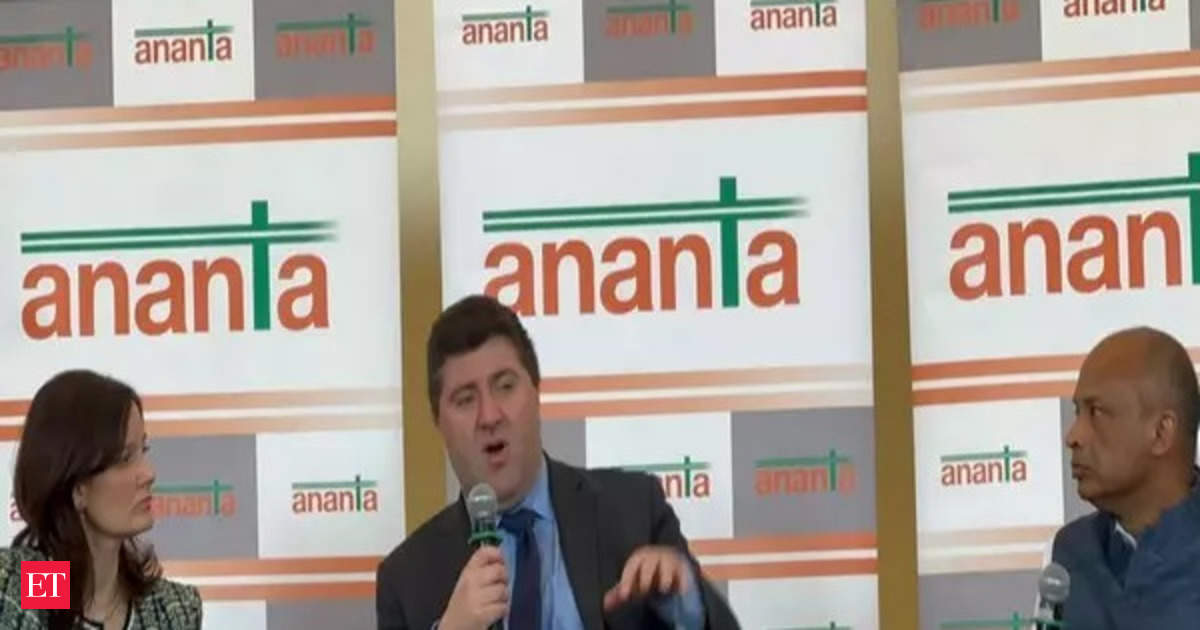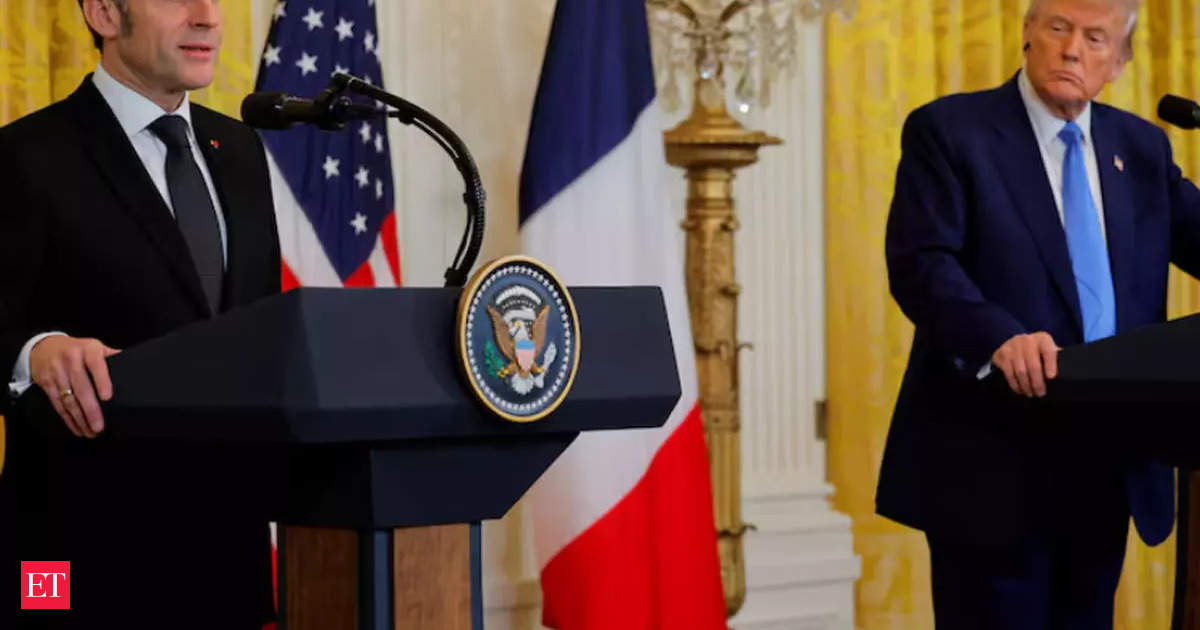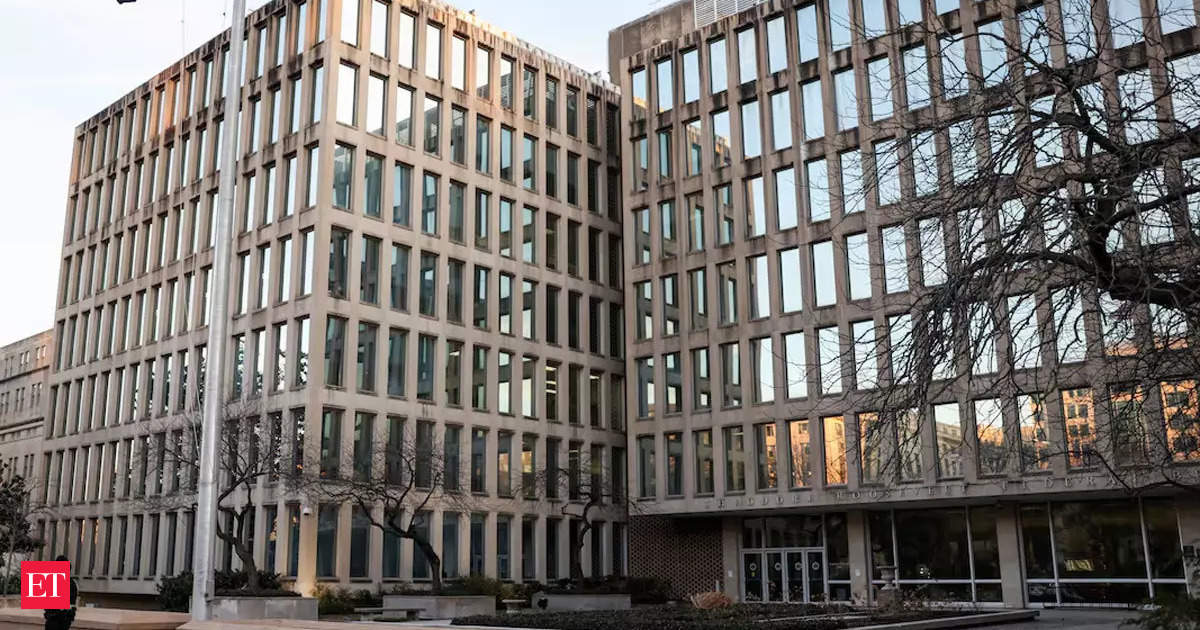Assistant Secretary for Economic Policy of the United States Department of Treasury, Eric Van Nostrand, praised the decision to implement a price cap on Russian oil in response to Russia’s invasion of Ukraine. Van Nostrand highlighted the importance of the price cap in limiting Putin’s revenue and maintaining global oil supply. He acknowledged that India, as a major player in the global oil trade, would benefit from accessing Russian oil at discounted prices. Van Nostrand also mentioned the success of the first year of the price cap, with global oil markets remaining well-supplied and Russian oil trading at a significant discount. However, he noted that Russia had been investing in new infrastructure to sell oil outside the price cap’s jurisdiction, narrowing the discount on Russian oil. In response, the US and the price cap coalition have increased enforcement efforts to limit Russia’s options for selling oil outside the price cap. Van Nostrand praised the adoption and successful implementation of this policy as a diplomatic achievement and emphasized the unity of the coalition opposed to Putin’s war. He highlighted the engagement with Indian partners in the public and private sectors as essential to the process due to India’s critical role in the global oil trade. The US, along with other G7 countries and the European Union, announced a price cap of $60 a barrel on Russian oil in 2022. Sanctions were imposed on tankers suspected of carrying oil above the price cap, and Western companies were banned from providing services for oil sold above the cap. The goal of the price cap is to reduce Russia’s ability to fund the war in Ukraine while ensuring global oil supply. The sanctions have led to a shift in Russia’s oil trade from Europe to India and China, and some shippers have resorted to using ageing tankers, impacting Russia’s revenues.
US Treasury Official Hails Price Cap Policy on Russian Oil











